In the wake of the Covid pandemic, October’s general election is vitally important for the future of the Czech Republic. Polls currently suggest the race will be extremely tight. The ruling ANO party has gained support of late, but faces limited options for alliances allowing them to form a government. So, who are the candidates vying to lead the country, and which would you choose?
Andrej Babiš (ANO)
It’s safe to say the Czech Republic’s current prime minister and its fourth richest man is a controversial figure. Born in Bratislava, he built up the huge Agrofert holding company operating in agriculture, food and the chemical industry before his entry into politics. Babiš founded and financed the ANO movement in 2011 as an anti-corruption outfit, and the party first entered government in 2014 as a junior coalition partner of the Social Democrats (ČSSD).
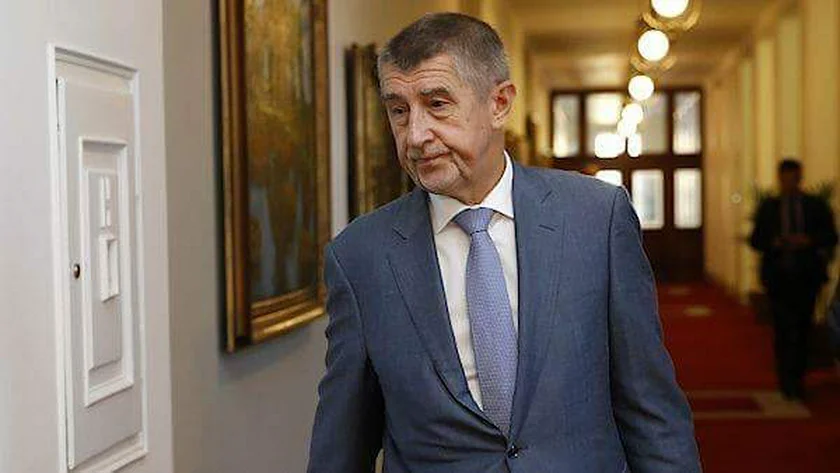
After the 2017 election, the tables turned, with ANO in a leading role and ČSSD supporting them in government. Babiš became prime minister, and a long-running saga concerning the former businessman’s alleged conflicts of interest began. Despite transferring his business concerns into trust funds, an EU audit accused Babiš of still wielding influence over Agrofert, which has been a major recipient of EU subsidies, and he faces a criminal prosecution for alleged fraud in the Stork’s Nest case. In 2019, the Million Moments for Democracy campaigining organization led the biggest protests seen in the Czech Republic since the Velvet Revolution against Babiš’s government. ANO is a broad, centrist political movement with few strongly defined ideological positions and an ambivalent attitude towards the EU.
Ivan Bartoš (Czech Pirate Party)
The Chairman of the Czech Pirate Party for ten years, Ivan Bartoš is another controversial figure, due in large part to his embodiment of the ambitious type of societal change aimed at by the Pirates. The party’s long-term goals include cannabis legalization, drastically reformed copyright and data sharing laws, and modernization of the Czech political system using modern technologies.
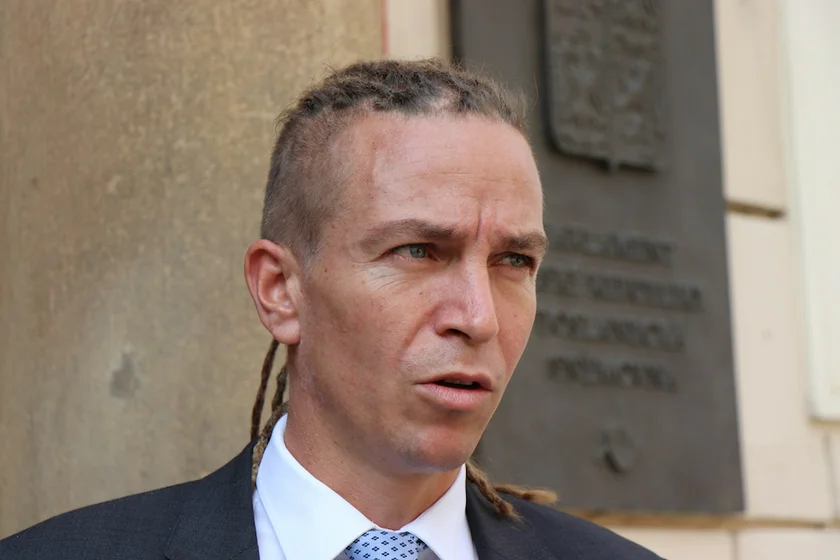
Bartoš’s trademark dreadlocks make him instantly recognisable, and he has vowed not to bow to prejudice by changing his hairstyle. Bartoš has been the on-and-off leader of the Pirate Party since it was founded in 2009. A member of the Czechoslovak Hussite Church, he is a pacifist who worked in the IT industry before entering politics. The Pirates formed an electoral coalition with the STAN party in spring this year to boost their chances of beating Babiš.
Which candidate for Prime Minister would you choose?
Petr Fiala (ODS)
Petr Fiala is the most academic candidate to be prime minister, and perhaps the most “traditional” choice when it comes to his political education. The two-term rector of Brno’s Masaryk University in a long-time student of politics, having been director of various political research bodies and university departments. Specialising in political science and European politics in his academic work, Fiala is now the leader of the SPOLU coalition, which also features the TOP 09 and KDU-ČSL parties.
Fiala entered politics as Minister for Education for the ODS government in 2012, and was elected leader of ODS in 2014. He has tried to modernize the party while profiling himself as a respectable conservative politician with no major controversies attached to his name. The pro-EU SPOLU group is, perhaps, the most “mainstream” option for voters in this October’s elections.
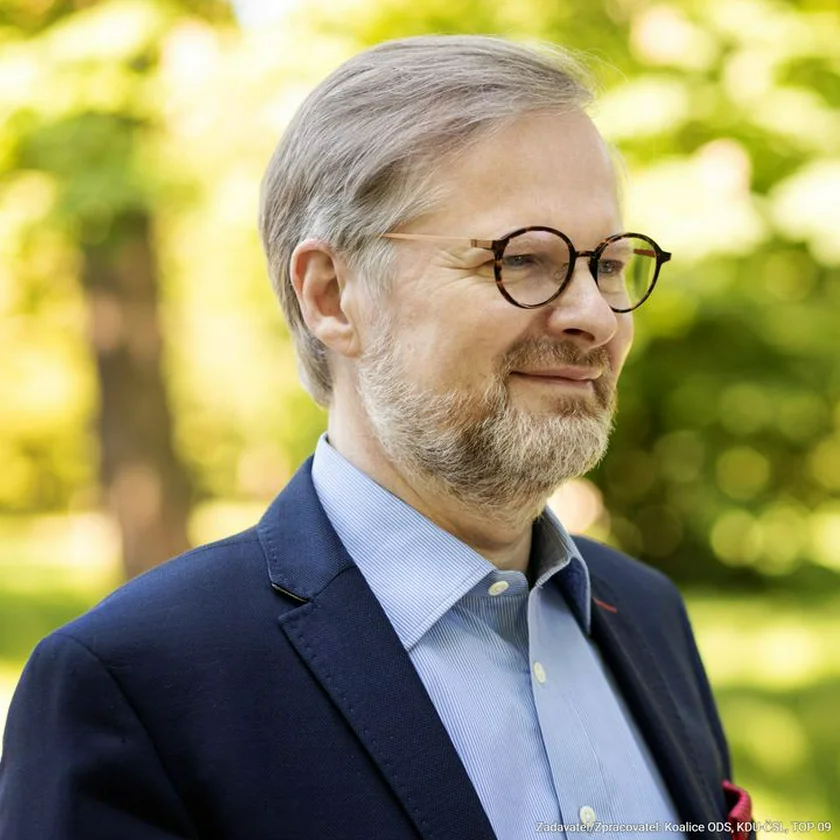
The Czech Republic's political system makes it likely that, for any of these leaders to succeed, they will have to reach agreements with other parties and electoral groups after the election, which will bring other political personalities into play. Nonetheless, these three candidates are the key faces of the election campaign, leaving voters to decide who is best suited to lead the country for the next four years.












 Reading time: 3 minutes
Reading time: 3 minutes 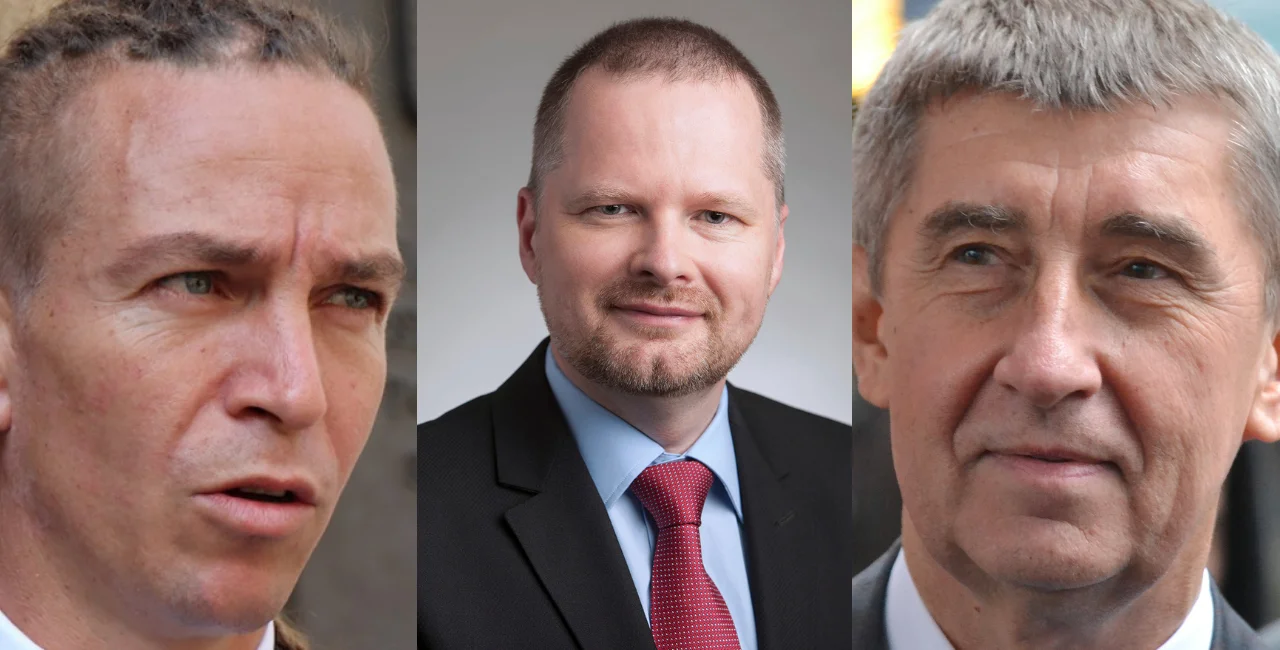


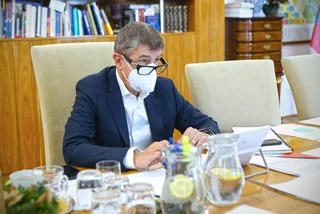
 English
(Advanced)
English
(Advanced)























